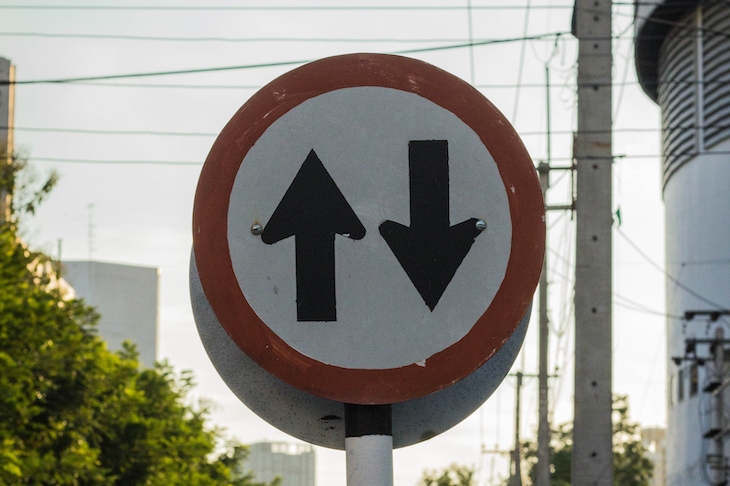Chris O’Carroll What can you show me, mirror on the wall? A rendezvous with my own face? I’ll pass. I never was the fairest of them all. I try to keep my head before the glass. The glass is always full and always not. And this illusion is a quid pro quo. Some sights have all the substance of a thought. The mirror can reflect, but does not know. Reflection tells a truth and tells a lie. Thus blindness and insight make quite a pair. A silver sheen conspires with the eye. We see what’s here by what’s not really there. Reflected images fill up no space. Can emptiness dictate some protocol? Will vision fail to argue its own case? Shall I ignore the mirror on my wall?
Sylvia Fairley Into the Louvre’s angled silhouette I’m happy that I paid ten francs, was led Through spacious rooms and scenes I can’t forget, By marble statues, beautiful but dead, I turn away, but as I pause awhile I see that face, the mood the artist caught, That knowing look, the enigmatic smile — Her thoughts are not as virtuous as they seem, A blatant invitation in those eyes! I can’t ignore that bold, lascivious gleam, To such a challenge any man would rise, I sense an odour of unbridled lust, Throbbing beneath that ill-concealed bust.
Paul A. Freeman it’s the end of days because we’ve damaged the planet so don’t tell me we have the will and technology to reduce pollution to rid the seas of plastic to stop forests and beasts disappearing it’s a certainty that humans will disappear from the Earth nobody believes we will overcome this crisis
Bill Greenwell You couldn’t imagine more love if you tried. Your mother comes in with a beautiful kiss. Family and friends, gathered here by your side — All of your life seems to bring you to this — They can see how you feel by the look on your face. A conjuror scrubs himself, prim fingers slim. See the best silver implements, waiting for grace. Here is the cloth, and, as lights seem to dim,
Take one more big breath, my dear! somebody cries. The candles are lit with professional skill. They all gather round with a gleam in their eyes. You shiver. You shake. You’re suddenly still.
The future is over, the present is due. You’ve waited and waited. Now somebody knocks. You’ve dreamed of this moment, you know it’s for you. Somebody’s come to your door with a box —
D.A. Prince What anchors us to life in real time? It takes a will of iron to refuse photos of lives pretending they’re sublime; the unreal worlds on screens parade false news.
Unless we hand more space and hope to youth how can imagination stretch and fly; twisted to nail down semi-facts as truth our narratives of history are a lie.
No magic transformations in their game; with nothing new to help us feel set free the bickering politicians are the same; last summer’s past, its drought a memory.
The flames are flickering faintly in the grate. Outside the weather’s blustery and wild; our cue for sitting down and, silent, wait. ‘I want to tell you a story,’ says the child.
Robert Schechter This is a verse you can flip, you can flop. The top is the bottom, the bottom the top. It works up or down. It’s just like a stairwell. Aloha. Shalom. It’s both greeting and farewell. It doesn’t much matter. It’s fine either way. Does day follow night, or does night follow day? Was it the chicken, or egg, that came first? Whichever you choose works as well when reversed. So start from the bottom, or start from the top. This is a verse you can flip, you can flop.
Max Ross Peerless was Wallace, ferocious and free Fearless and princely, heroic was he. Tough and impressive, magnificent master, Gruff and aggressive, disdaining disaster. Cunning was Wallace, determined and grave, Stunning and startling, audacious and brave. Brave and audacious, startling and stunning, Grave and determined, Wallace was cunning. Disaster disdaining, aggressive and gruff, Master magnificent, impressive and tough, He was heroic, princely and fearless, Free and ferocious. Wallace was peerless!
Your next challenge is to compose a contemporary take on ‘The New Colossus’ (the sonnet at the base of the Statue of Liberty) by Emma Lazarus. Please email (wherever possible) entries to lucy@spectator.co.uk by midday on 29 May.





Comments